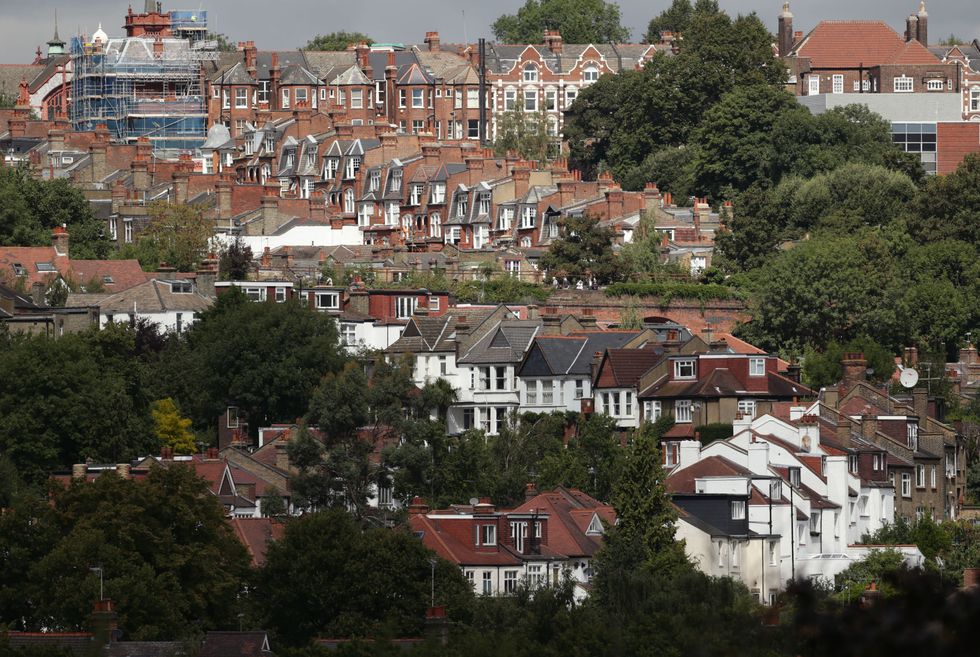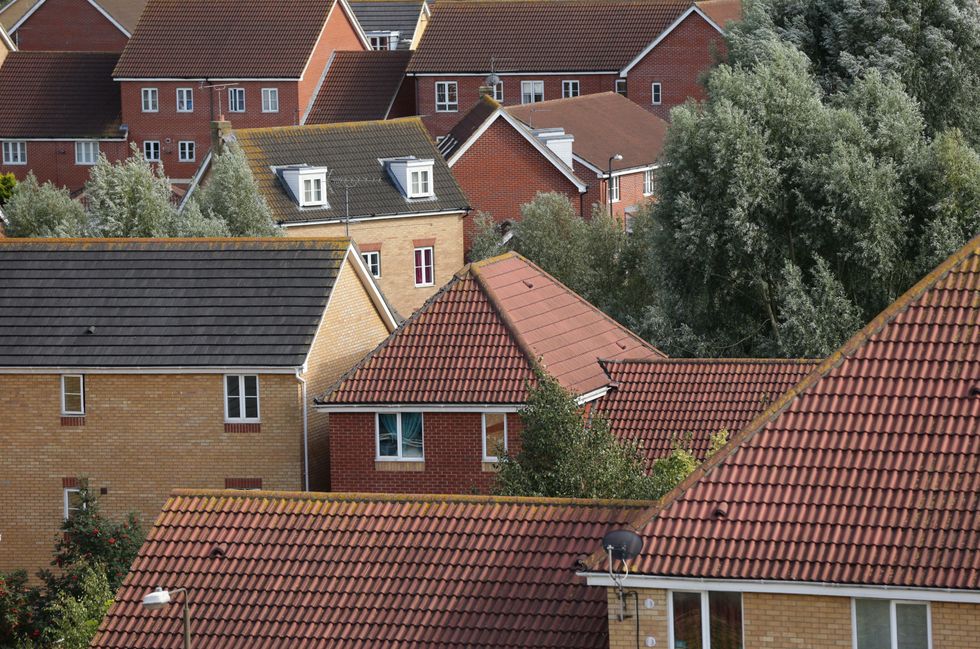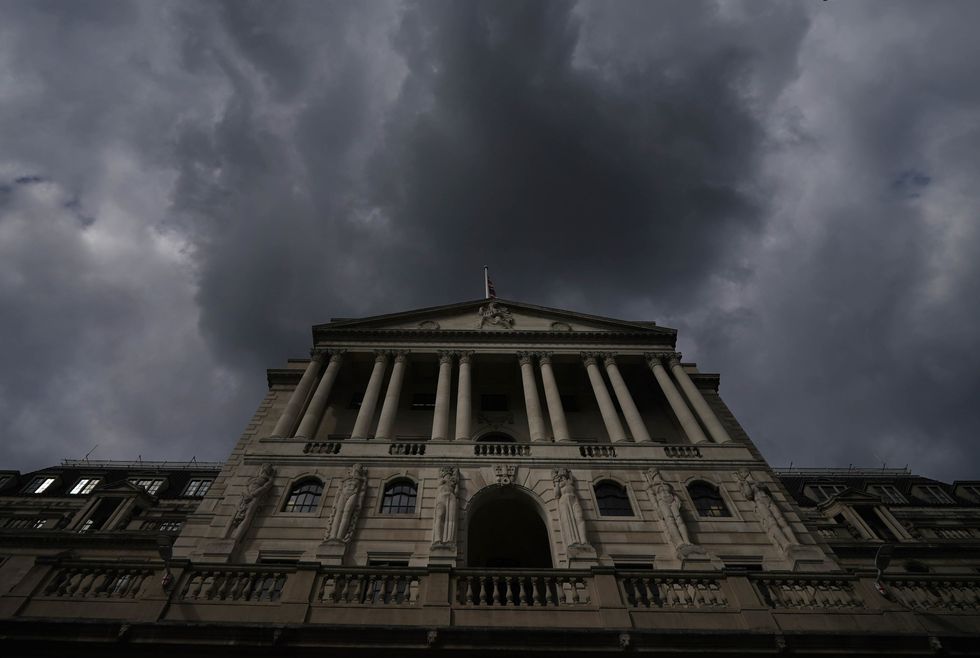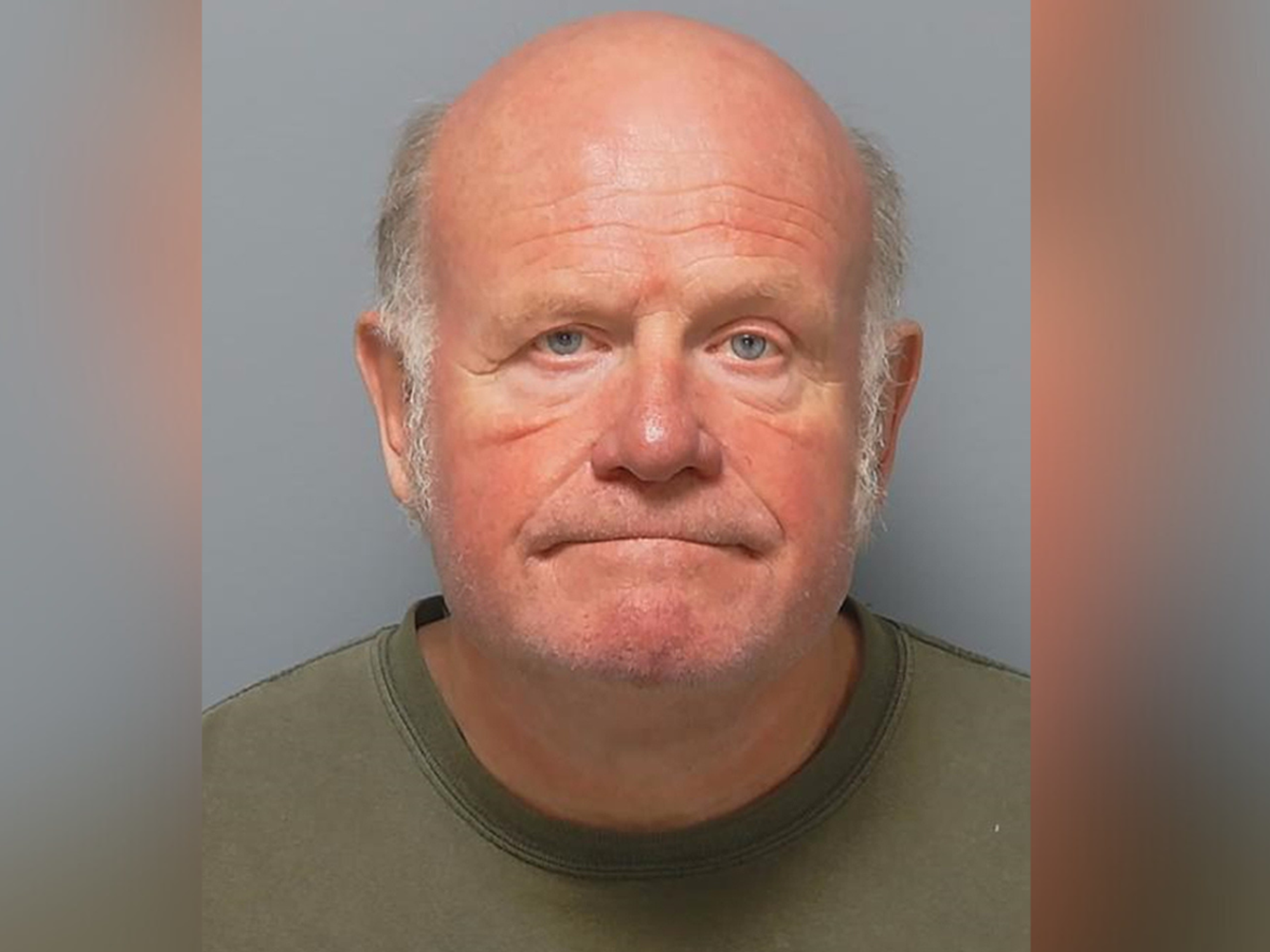Mortgage rates overtake levels seen in Truss era in fresh horror for homeowners
Bank of England governor Andrew Bailey has hinted at doubling down on rising inflation with devastating effects on mortgages
Don't Miss
Most Read
Latest
The average two-year fixed rate deal has reached 6.66 per cent, overtaking the 6.65 per cent peak brought about by Truss’ calamitous mini-budget in October, according to analysts MoneyfactsCompare.
Mortgage rates are at their highest in 15 years, with levels not seen since August 2008 during the global financial crisis when rates hit 7 per cent.
With Bank of England base rate rises to tackle inflation showing no sign of relenting, combined with high demand propping up the market, lenders are continuing to pull their cheapest deals and reprice their offers higher.
At the start of the month, 27 per cent of all two-year fixes on the market were below 6 per cent, down from 40 per cent the month before and well below the 98 per cent recorded a year ago.

The UK's net debt has reached £2.6trillion as of the end of May, which is estimated at 100.1 per cent of the UK's entire GDP
|PA
Currently, there are no two-year fixes below 5 per cent.
In an attempt to budge sticky inflation, the Bank of England has hiked the base rate 13 consecutive times to 5 per cent.
Signalling an imminent climb towards 6 per cent, Andrew Bailey said yesterday that it was “crucial we see the job through” on soaring prices.
In the speech to financiers at Mansion House, Bailey emphasised that reducing inflation to 2 per cent is “so important” for the “public should trust that their hard-earned money maintains its value".
Currently, inflation is unfazed by interest rates at 8.7 per cent.
MORTGAGE LATEST:

Inflation in the US is floating around 3 per cent, while France and Germany are closer to 6 per cent.
| PAWhen rates were last this high, during the financial crisis, around half of mortgages were set at fixed rates meaning half of homeowners would feel the base rate pinch immediately.
Today, only 15 per cent are on variable rates meaning that the vast majority are insulated from extra cost posted by higher Bank of England base rates in the short term.
Around 2.4 million fixed-rate mortgages are due to end between now and the end of 2024, according to figures from trade association UK Finance.
Stuart Cheetham, chief executive of lender MPowered Mortgages, expects the average two-year fixed rate deal to march on to 7 per cent mark before the end of the year.
Cheetham said: “For most people, mortgage rates will rise between 20 and 30 percentage points further over the next six to eight weeks.

Bank of England
|PA
“But interest rates are expected to rise further so we are going to see a few more steep increases in mortgage rates beyond that.”
In autumn last year, the market experienced a panic-induced period of volatility, as Truss and Kwasi Kwarteng’s controversial mini-budget caused widespread chaos.
Nearly 2,000 mortgage products were pulled by lenders scrambling to re-price deals to reflect expected future rises in interest rates.
Cheetham said: “No one saw it coming last time so it caused a sharp spike. But since March there has been a growing level of uncertainty around inflation, a steady rise in the negative sentiment and several base-rate increases.
“So the unwinding will take several quarters, rather than weeks like the last time around.”
Mortgage lenders are set to be questioned by MPs later on Tuesday.










